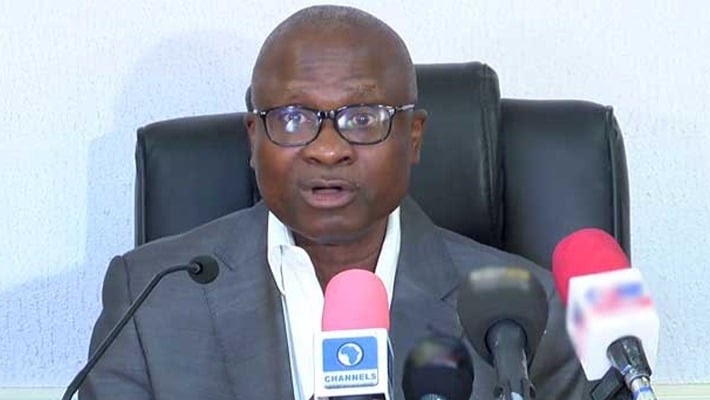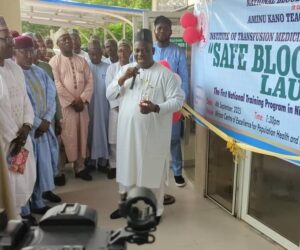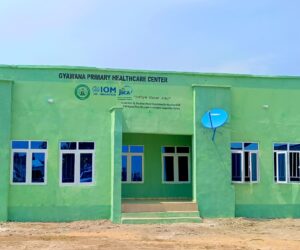The Nigeria Centre for Disease Control and Prevention has confirmed that two recent suspected cases of viral hemorrhagic fever in Abuja have tested negative for both Ebola Virus Disease and Marburg Virus.
The NCDC, in a public health advisory issued on Friday and signed by its Director General, Dr Jide Idris, noted that further tests are ongoing for other hemorrhagic fevers, including Lassa fever and dengue fever.
The advisory comes amid public concern and speculation following reports of suspected viral hemorrhagic fever cases in Abuja.
Ebola virus disease, formerly known as Ebola Hemorrhagic Fever, is a severe, often deadly disease caused by the Ebola virus, with a fatality rate of 25–90 percent.
The NCDC said people become infected with Ebola either through contact with infected live or dead animals (usually following butchering, cooking, or eating) or through contact with the body fluids of infected humans.
Most cases are caused by human-to-human transmission, which occurs when blood, bodily fluids, or secretions (stool, urine, semen) of infected people enter a person’s body through broken skin or mucous membranes.
Ebola symptoms vary, but commonly experienced symptoms include the sudden onset of fever, intense weakness, muscle pain, headache, and sore throat, especially at the beginning of the disease.
“The NCDC wishes to inform the public that two recent suspected cases of viral hemorrhagic fever in Abuja both tested negative for Ebola and Marburg viruses. We are currently testing samples for other viral hemorrhagic fevers like Lassa fever and dengue fever,” the advisory partly read.
The most recent case involved a traveller who, after returning to Nigeria from Kigali, responsibly presented himself immediately to a hospital in Abuja when he felt unwell.
“His decision to report early, combined with the vigilance of the attending clinician and hospital team, ensured that our public health system was promptly activated and that the risk to the public was minimised.
“This responsible action is highly commendable and a good practice all Nigerians are urged to emulate; when you feel unwell, especially after travel, seek care early. Doing so protects you, your family, and your community.
“We are currently collating and analysing all the relevant data and information to improve our response. As part of its mandate to safeguard the health of the nation, the NCDC has already conducted a Dynamic Risk Assessment following recent reports of Ebola viral disease in other countries, and anticipatory measures are being implemented nationwide.
“We have activated multidisciplinary collaboration with federal and state health authorities, strengthened surveillance at points of entry, placed isolation/treatment facilities on alert, and prepositioned critical infection-prevention and related case management supplies.
“The NCDC national reference laboratories remain on standby to provide rapid testing, and public-health teams are ready to conduct contact tracing if needed. Beyond these immediate steps, NCDC is also working with states and partners to strengthen readiness across all 36 states and the FCT.
“This includes upgrading isolation facilities, reinforcing IPC training for healthcare workers, conducting simulation exercises, and ensuring a clear pathway for access to medical countermeasures such as vaccines and therapeutics if ever required,” it added.
It urged states to strengthen surveillance and keep isolation centres ready, while healthcare workers, especially in private hospitals, must stay vigilant, follow strict infection-prevention measures, and promptly report unusual cases through official channels.
Nigerians were also advised to practice good hygiene, avoid risky animal contact, seek care immediately if symptoms arise after travel, and rely only on official updates from NCDC.
It said suspected cases can be reported through the NCDC’s 24/7 Connect Centre via toll-free number 6232, WhatsApp at +234 708 711 0839, SMS at +234 809 955 5577, or email at info@ncdc.gov.ng
According to the World Health Organisation, 48 confirmed and probable Ebola cases have been reported, and 31 people have died in the Democratic Republic of Congo.
Click to signup for FREE news updates, latest information and hottest gists everyday
Advertise on NigerianEye.com to reach thousands of our daily users









